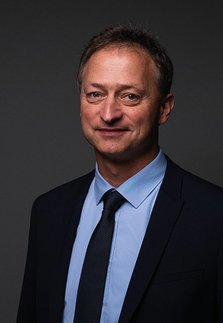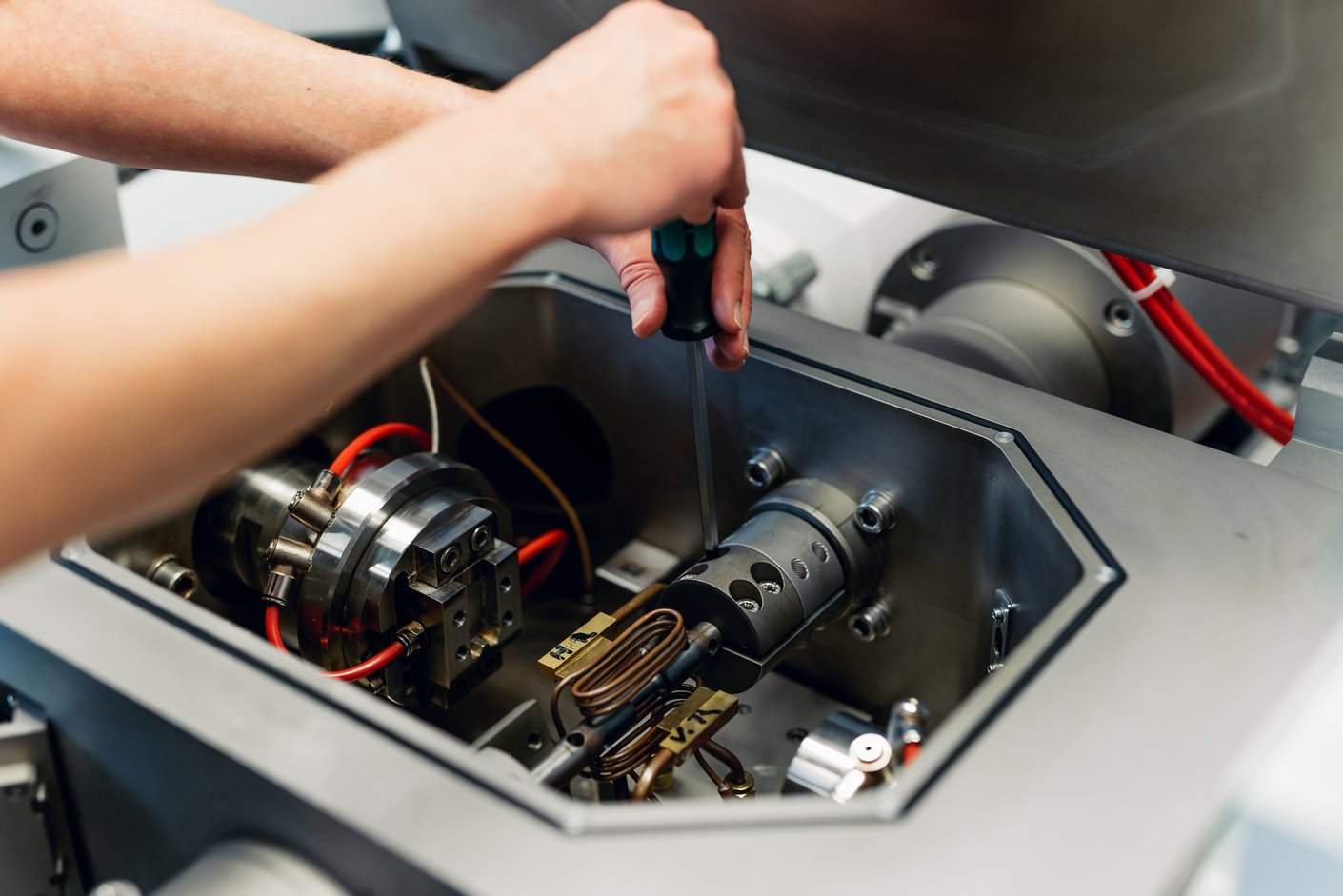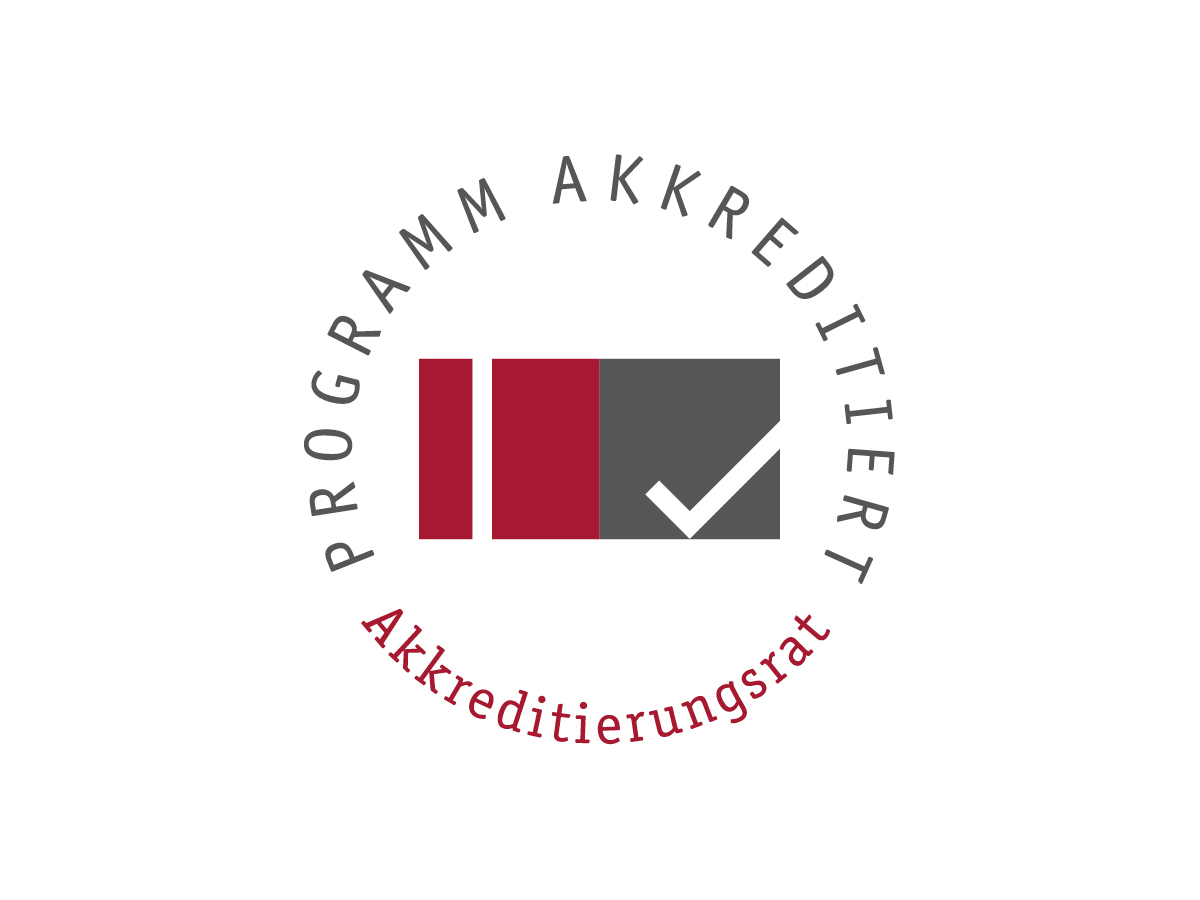Mechanical engineering is a cross-sectional discipline for which students are prepared through interdisciplinary courses as well as specialist courses. This is because it is not just about manufacturing efficient, high-quality products, but about constantly making new contributions to solving urgent tasks in the economy and society.
Job profile and labor market
Mechanical engineering is increasingly concerned with making new contributions to solving urgent tasks in the economy and society, e.g. in environmental protection, energy supply, healthcare or in the areas of mobility and communication. Consistent integration with other disciplines and new technologies is the prerequisite for the decisive innovation boosts that characterize mechanical engineering.
The interlinking between university research and industry is therefore particularly intensive in mechanical engineering. Constantly new research tasks and the growing need for technology transfer are the best indicator of the importance of this cooperation. Mechanical engineers assume responsibility in industry as well as at universities or other institutions, for example as specialists in research and development, in staff functions with cross-sectional tasks, in the development, design and planning of products, as managers, entrepreneurs, consultants and test engineers, in integrative and interdisciplinary activities in project teams.
The greatest work potential for mechanical engineers is offered by industry, with a lion's share of medium-sized and smaller companies, where engineers are particularly in demand as "generalists" because the scope of their work is broader here than in large companies.
With a Master's degree, graduates have access to a doctorate for good career opportunities in industry or the start of a scientifically oriented career.
Structure of the study program
Consolidation of mathematical, scientific and engineering fundamentals
- Engineering mathematics
- numerics
- Materials engineering
- Technical vibration theory
- Simulation methods in engineering
Modules to deepen the engineering applications
- Fatigue strength/tribology
- Mechatronics
- plants
- Construction
- Materials
Interdisciplinary course content
- Technical English
- Quality management
It is possible to specialize by choosing individual focus areas from the engineering courses offered by the university.
Specialist focus
The Clausthal Master's degree course in Mechanical Engineering continues the generalist training begun on the Bachelor's degree course in Mechanical Engineering. In addition to a deepening of mathematical/scientific knowledge, engineering and interdisciplinary qualifications are acquired that enable individual employment in a wide variety of industries and fields of mechanical engineering.
The success of Clausthal graduates shows that it fully meets the requirements of the job market.
Part-time study
The Master's degree program in Mechanical Engineering can also be studied part-time. Further details on the requirements, structure and legal consequences of part-time study can be found in the "Regulations governing part-time study (TzO)" of Clausthal University of Technology in the currently valid version.
Before applying for and taking up part-time studies, a consultation with the responsible part-time study coordinator is mandatory. During this consultation, the part-time study coordinator will agree on an individual study plan (learning agreement) for the part-time study program in consultation with the student.
You can find the form for applying for part-time study (incl. Learning Agreement) here
Part-time study coordinator is Prof. Dr.-Ing. Armin Lohrengel

Prof. Dr.-Ing. Armin Lohrengel
Phone: +49 5323 72-2270
E-mail: lohrengel@imw.tu-clausthal.de
Institute of Mechanical Engineering
Robert-Koch-Straße 32
38678 Clausthal-Zellerfeld
Overview
Type of program: Master
Duration: 4 Semester
Language of instruction: German
Degree: Master of Science (M.Sc.)
Start date: Admission in winter semester, but also possible in summer semester.
Accreditation: Urkunde ASIIN, EUR-ACE-Master
Beginning of studies
Welcome Weeks (before lectures begin)
TU Clausthal supports students as they start their studies with various event formats.
Pre-course in mathematics (before the start of lectures)
The Institute of Mathematics offers a pre-course in mathematics for Bachelor's degree programmes (in German). Master's students who would like to refresh their mathematics knowledge are also welcome to attend this course.
Admission requirement
The prerequisite for admission to the master's program in mechanical engineering is a successful bachelor's degree in mechanical engineering or a related field. Internships or vocational training are not required.
Documents
Study program flyer
Examination regulations
Admission regulations
Elective catalogs
valid for AFB 2021
- Elective catalog for WS 24/25 and SoSe 25_update 18.06.2024
- Elective catalog for WS 23/24 and SS 24_update 13.06.2023
Model curricula
valid for AFB 2021
Model Study Plans Part-Time Studies
valid for AFB 2021
Module manuals:
valid for AFB 2021



